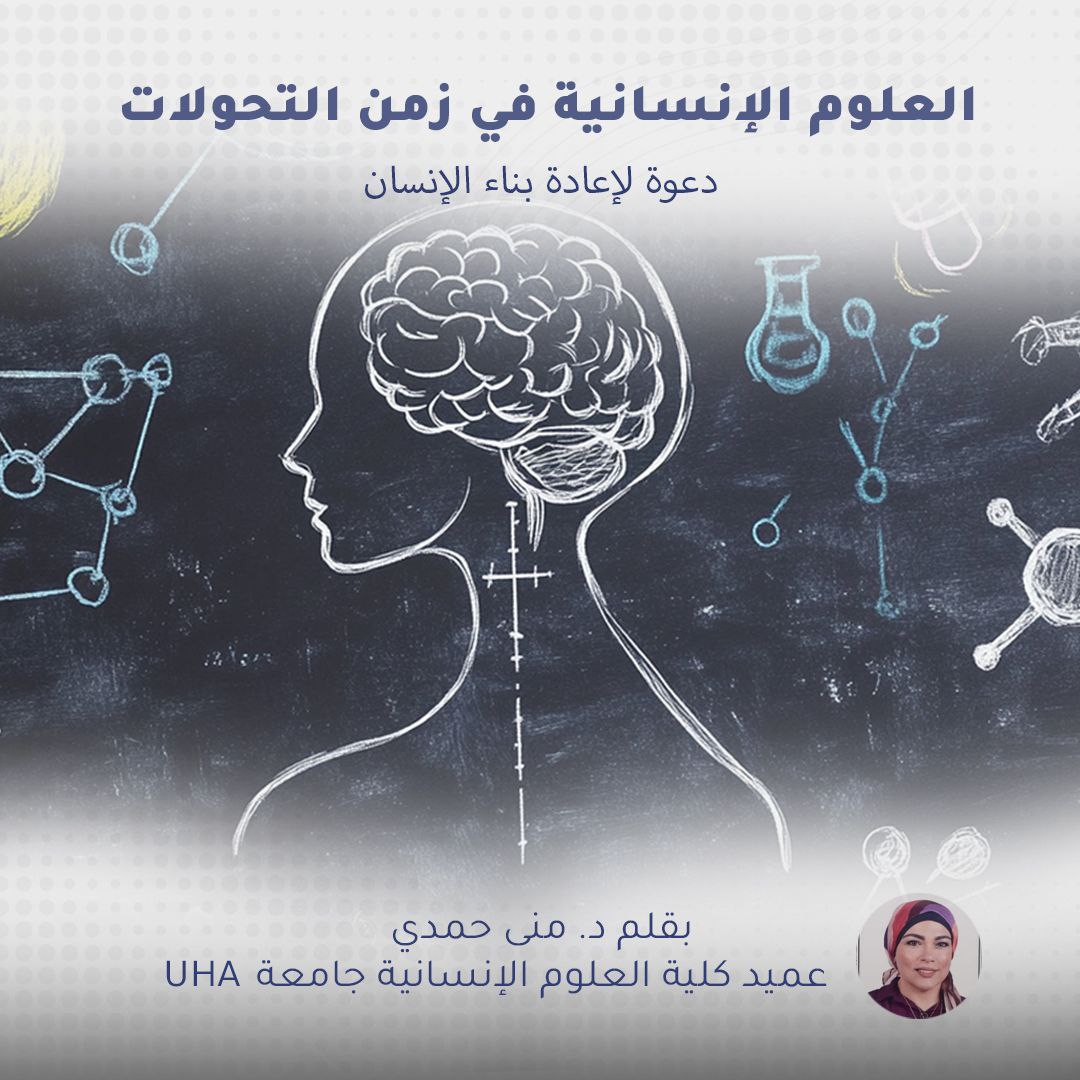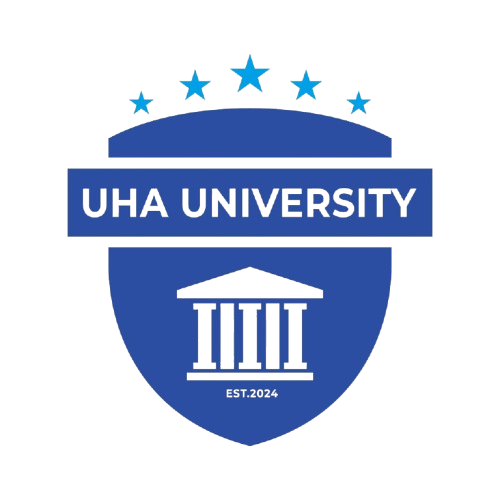
Humanities in Times of Transformation: A Call to Rebuild the Human Being.
6 months ago
بقلم : Dr. Mona Hamdi
Humanities in Times of Transformation: A Call to Rebuild the Human Being.
In a world where change is accelerating, crises are intensifying, and the voice of materialism often drowns out the voice of values, the humanities emerge not merely as an academic field, but as a profound existential necessity. They grant individuals the ability to understand and reflect, to rise above external noise and return to the self—to question it and determine one’s place in the world.
As the French philosopher Paul Ricoeur once said:
"Man is a being in search of meaning, and everything we do is an attempt to understand the world and to narrate ourselves within it."
Here, the humanities serve as a tool to re-narrate the self in an age where meaning is eroding.
We are not merely dealing with academic disciplines philosophy, psychology, language, history, sociology but with a holistic project aimed at rescuing the human from alienation, restoring a balanced relationship with the self, others, and the world. In this sense, the humanities become a form of resistance, a space for awareness, and a means of internal reconstruction essential for any project of civilizational revival.
In Syria, where the traces of war, displacement, and anxiety still linger, the role of the humanities becomes even deeper and more impactful. Not because they offer direct solutions, but because they rebuild the psychological and intellectual structure of the individual. They mend the distortions that have afflicted consciousness, reorder priorities, and repair the relationship between the citizen and their identity, the human and their story, the individual and their history.
Malek Bennabi once said:
"The issue is not about reading more, but about transforming what we read into a lived meaning."
This is where the role of the faculty lies: to teach not just dry facts, but living values and evolving meanings.
Our Faculty of Humanities does not merely teach curricula. It strives to build the human being who questions, thinks, dialogues, and connects knowledge with responsibility. The goal is not for students to simply memorize theories, but to be able to apply them in understanding their reality, engaging with it critically, with refined human awareness and a sense of responsibility.
The humanities teach us that every society has a memory, every memory has a narrative, and every narrative has a voice. One of our roles as academics and students is to protect that memory, dismantle closed narratives, and open the door to diversity, plurality, and tolerance. In a time when it's easy to fall into the trap of prejudice and generalization, our tools such as analysis, careful reading, and critical thinking become a shield that protects awareness from drifting into polarization or nihilism.
Edward Said stated:
"Culture is not a luxury, but the way we define ourselves, understand the world, and resist oppression."
In this sense, faculties of humanities become sanctuaries of quiet resistance, deep awareness, and inner growth.
We are at a pivotal moment where humanity is redefining itself amidst technological surges, digital revolutions, excessive openness, and psychological isolation. Here lies our role as specialists in the humanities to keep the human being at the center of every project, not merely a cog in the machine. To remind that knowledge without values does not enlighten, and that intellect without conscience does not guide.
We are not merely teaching we are contributing to building a new society: more aware, more balanced, and more humane. This is a profound responsibility that requires effort, dedication, and firm belief that every idea we plant today may be a seed for a better future.
Yet, the humanities only flourish when their students see themselves as true partners in the creation of meaning. A faculty is not just lecture halls and classes it is a living space, pulsing with questions, nurturing talents, and shaping each student’s intellectual identity.
Students of the Faculty of Humanities are not expected to simply memorize, but to engage, interact, and generate new thought rooted in their realities and open to the world. Cultural and research activities are vital in the life of a university student not a luxury, but a necessity that nourishes the spirit, enriches the personality, and connects the individual to their community.
Through student forums, cultural workshops, literary activities, and open seminars, students can test themselves, find their voice, learn to disagree respectfully, and express their ideas without fear. These spaces also embed noble university values such as academic integrity, responsibility, discipline, tolerance, and teamwork.
Paulo Freire, the pioneer of critical pedagogy, once said:
"Students are not empty vessels to be filled, but candles to be lit."
This is our philosophy of education: to ignite passion, not just deliver information.
We believe that the university does not merely produce degree holders it cultivates conscious citizens, capable of change, leadership, and creation. Each student carries within them a small project for a greater life. Our mission as faculty members is to listen, guide, support, and believe in their potential.
A Sincere Call:
Let us make our faculty and every educational institution a vibrant space for thought, dialogue, and genuine belonging to life.
Let us turn knowledge into bridges, not walls; and words into light, not echoes.
And let us all understand that building the human being, at its core, is the most powerful weapon against any form of destruction.
Dated
06/19/2025

